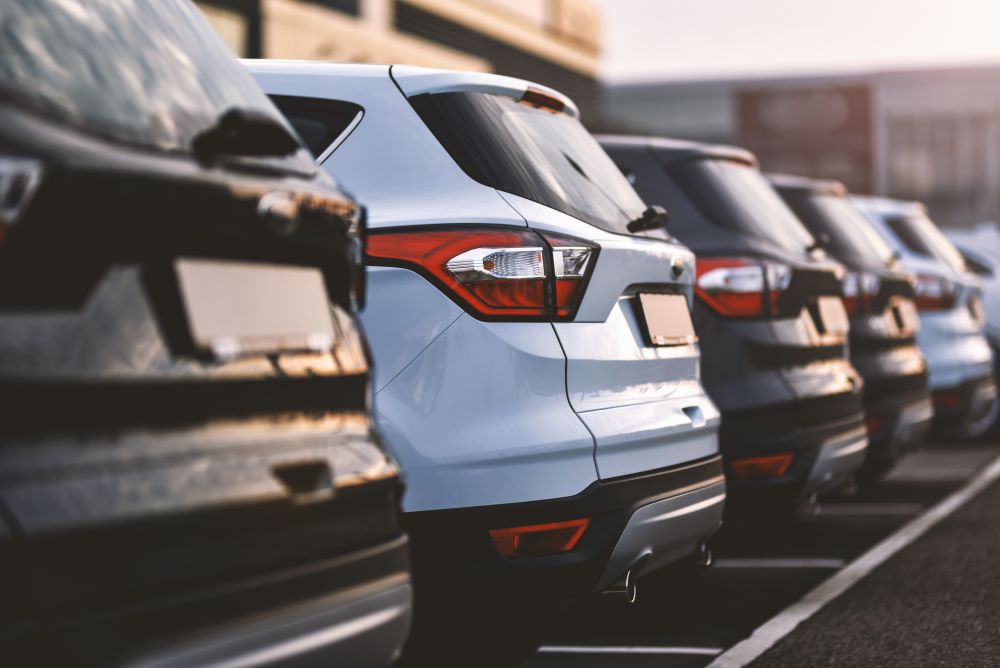Understanding Police Impound Cars: Insights and Opportunities
In certain situations, vehicles may be seized and held by law enforcement agencies, later becoming part of public auctions. These cars, trucks, and motorcycles can offer intriguing value — but understanding how the process works is key. This guide explores how impound procedures are structured, why vehicles end up at auctions, and what people generally consider when reviewing available inventory.

What are police impound auctions?
Police impound auctions are events where law enforcement agencies sell vehicles that have been seized or abandoned. These auctions serve multiple purposes, including clearing storage space, recovering costs associated with impounding vehicles, and generating revenue for local governments. The vehicles available at these auctions can range from everyday commuter cars to luxury vehicles and even specialized equipment. Auctions may be conducted in-person or online, depending on the jurisdiction and current circumstances.
How can I find cheap seized cars?
Finding affordable seized cars requires research and persistence. Many local police departments and government agencies maintain websites or mailing lists that provide information about upcoming auctions. Additionally, third-party websites aggregate information about government car sales across multiple jurisdictions. Some strategies for locating cheap seized cars include:
-
Regularly checking local law enforcement websites for auction announcements
-
Subscribing to email notifications from auction platforms
-
Contacting nearby police departments directly for information
-
Exploring online marketplaces that specialize in government surplus sales
It’s important to note that while some vehicles may be available at lower prices, not all seized cars are guaranteed to be cheap or in good condition.
What types of vehicles are available at government car sales?
Government car sales encompass a wide variety of vehicles, reflecting the diverse circumstances under which they come into possession of law enforcement agencies. Some common types of vehicles found at these sales include:
-
Passenger cars and SUVs
-
Commercial vehicles and work trucks
-
Motorcycles and recreational vehicles
-
Luxury cars and sports vehicles
-
Boats and watercraft
-
Specialized equipment (e.g., construction machinery)
The availability of specific vehicle types can vary greatly depending on the location and timing of the auction. Some sales may focus on particular categories of vehicles, while others offer a more diverse selection.
What should I know before buying impounded vehicles?
Before participating in police impound auctions or purchasing seized vehicles, it’s crucial to understand the potential risks and considerations involved. Here are some key points to keep in mind:
-
Vehicle condition: Impounded vehicles are typically sold “as-is” without warranties. Thorough inspection is essential before bidding.
-
Limited information: Detailed vehicle histories may not always be available, making it challenging to assess the true condition and value.
-
Competitive bidding: Popular vehicles may attract multiple bidders, potentially driving up prices.
-
Payment and removal: Buyers are often required to pay in full and remove vehicles promptly after winning an auction.
-
Title transfer: Ensure that the agency can provide a clean title for the vehicle you intend to purchase.
-
Inspection limitations: Some auctions may have restricted viewing periods, limiting your ability to thoroughly examine vehicles before bidding.
How do police impound auctions compare to traditional car-buying methods?
Police impound auctions offer a unique alternative to traditional car-buying methods, with distinct advantages and challenges. Here’s a comparison of key aspects:
| Aspect | Police Impound Auctions | Traditional Car Dealerships |
|---|---|---|
| Price | Potential for lower prices | Generally higher prices with negotiation possible |
| Vehicle Selection | Limited and unpredictable | Wide range of new and used vehicles |
| Vehicle Condition | As-is, may require repairs | Often reconditioned, some with warranties |
| Inspection | Limited time, may be restricted | More thorough inspection opportunities |
| Financing | Usually requires full payment at time of purchase | Financing options readily available |
| Customer Service | Minimal assistance | Full sales and service support |
Prices, rates, or cost estimates mentioned in this article are based on the latest available information but may change over time. Independent research is advised before making financial decisions.
Are there risks associated with buying impounded vehicles?
While police impound auctions can offer opportunities for savings, there are several risks to consider. Vehicles may have hidden damage or mechanical issues that are not immediately apparent. Additionally, the limited inspection time and lack of comprehensive vehicle history can make it challenging to assess the true value and condition of a car. Some vehicles may have been involved in criminal activities, potentially leading to unexpected legal complications.
To mitigate these risks, potential buyers should:
-
Research the specific auction rules and procedures
-
Set a budget and stick to it, avoiding emotional bidding
-
Bring a mechanic or experienced car buyer to inspect vehicles when possible
-
Check vehicle identification numbers (VINs) against national databases
-
Be prepared for potential repair costs after purchase
By approaching police impound auctions with caution and thorough preparation, buyers can navigate the process more safely and potentially find valuable opportunities in the world of seized and impounded vehicles.




